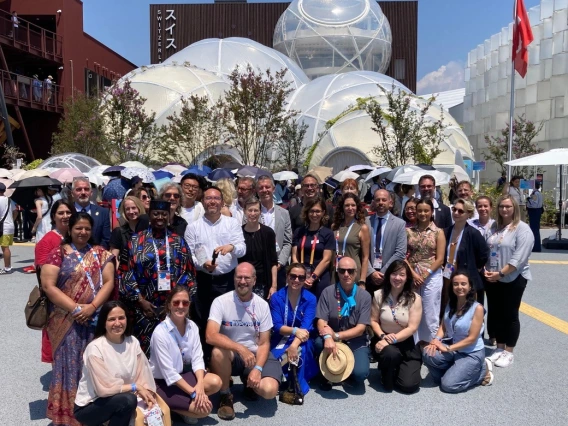Lecture Recap and Video: Missy Stults on Planning to Achieve Carbon Neutrality: A Story from Ann Arbor's Goal of Becoming Carbon Neutral by 2030

Missy Stults is the sustainability and innovations manager for the City of Ann Arbor, and joined CAPLA on November 13, 2020 as part of the 2020 CAPLA Lecture Series.
Stults works with all city operations, residents, businesses, the University of Michigan, nonprofits and others to make Ann Arbor one of the most sustainable and equitable cities in America and to implement the A2ZERO Carbon Neutrality Plan. In her lecture, she says that their ongoing effort to unite the entire community behind the plan is essential to making measurable progress toward the ultimate goal of carbon neutrality.
Stults has a PhD in Urban Resilience from the University of Michigan, a Master's in Climate and Society from Columbia University and undergraduate degrees in marine biology and environmental science from the University of New England. Prior to joining the City of Ann Arbor, she worked with cities and tribal communities around the nation to advance their climate and sustainability goals, including during her time as the climate director at ICLEI-Local Governments for Sustainability and as a consultant to philanthropic organizations.



